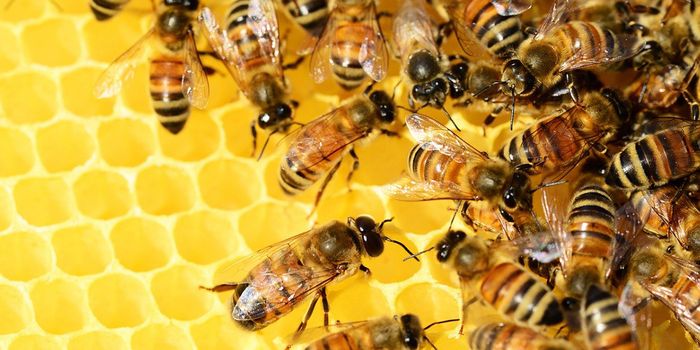Encouraging Progress on HIV Vaccine
In the quest to find a vaccine against HIV which causes AIDS, most attempts have failed. The HIV epidemic began about 35 years ago and in that time only five experimental vaccines have come as far as the Mosaic HIV Vaccine. In recent research published in the Lancet, the scientists working on developing the vaccine say in uninfected patients who were given the vaccine, “robust immune response” was shown. This is an indication that the drug is working to kick the immune system into gear when threatened by an infection.
The next stop of the research is to have a clinical trial of about 2600 women in Southern Africa who are at risk for developing the disease. Despite the efforts of the WHO, the UN and other agencies, HIV and AIDS are still a critical public health issue. Trying the drug in the area where risk is highest is the best way to determine how well it works, and some at risk patients can possibly benefit. Globally, there are 37 million people living with HIV/AIDS and a vaccine could go a long way in reducing the 1.8 million new cases that happen each year.








